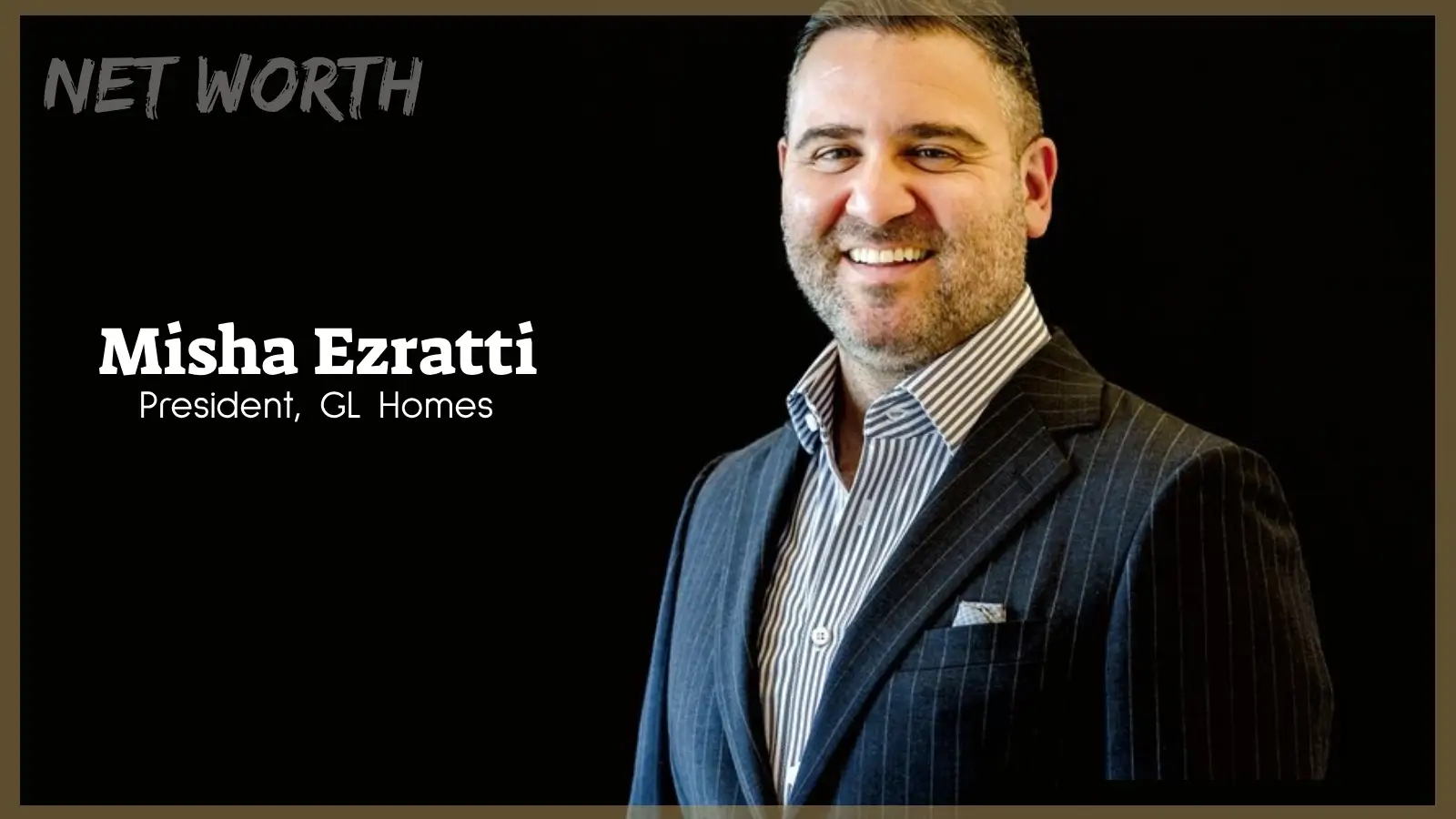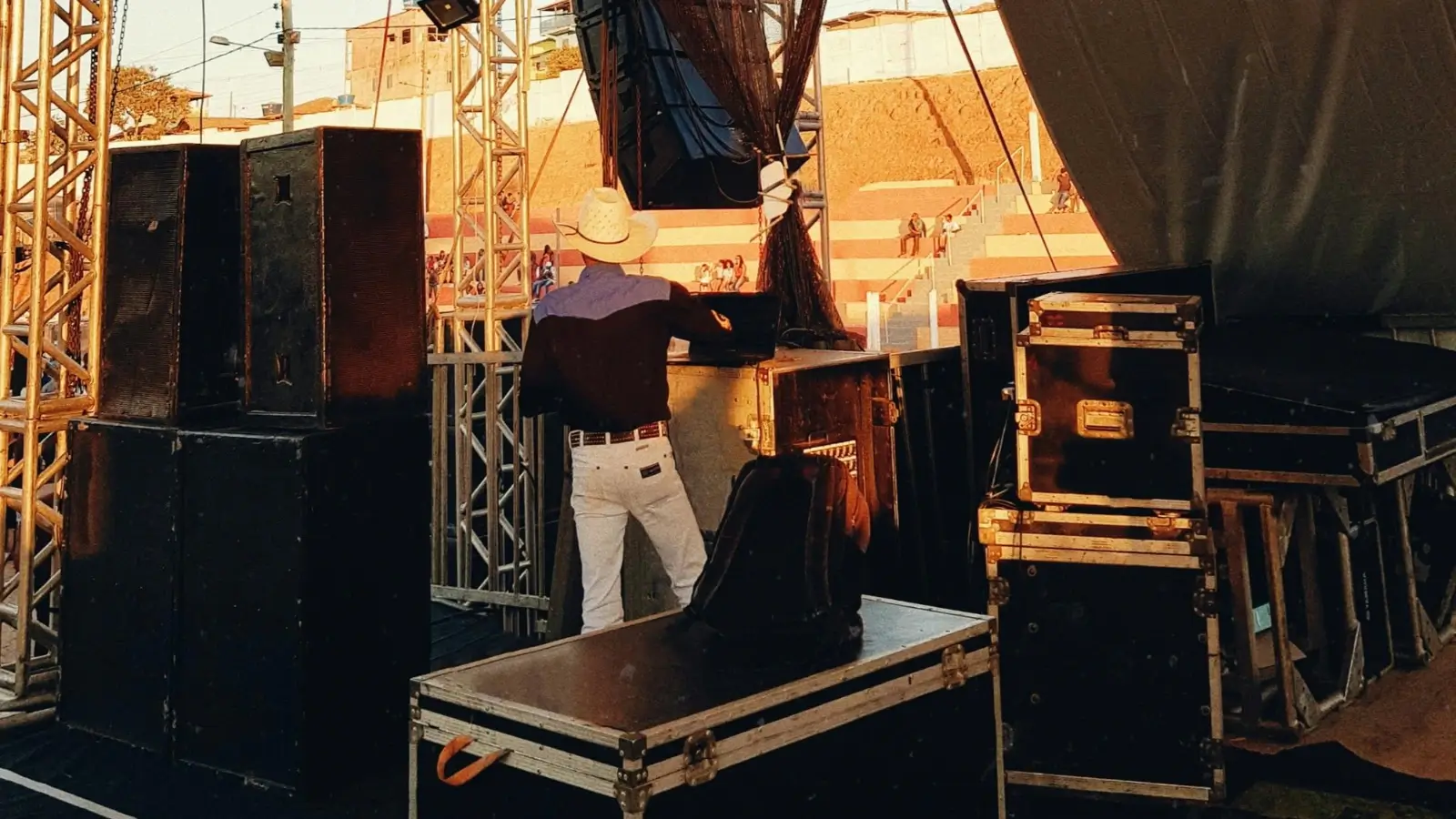


Three years ago I planned this corporate event. Pretty standard stuff 200 people, hotel ballroom, couple of speakers, lunch, done by 3pm. We'd spent weeks getting the content right, the schedule perfect, everything lined up. Day of the event, the microphone just quit working halfway through the opening remarks. Just dead. Our speaker's standing there talking and nobody past the third row can hear anything.
Took maybe two minutes to get a backup mic working but those two minutes felt like an hour. You could see people checking their phones, getting restless. We lost them. Even after we fixed it the energy never really came back.
That's when it hit me that all the planning in the world doesn't matter if people literally can't hear what's happening.
Most of us plan events backwards. Book the venue first, figure out speakers, deal with food, sort the schedule. Then like a week out somebody realizes we need microphones and a projector. So, we call around, rent whatever's available, hope it works.
Your attendees don't care that you were busy or that AV wasn't a priority. They show up expecting things to work. They've been to other events, they watch stuff online, they know what decent production looks like. And when your event doesn't measure up they might not say anything but they notice.
I've made this mistake myself more than once. You think "it's just a small event, we don't need anything fancy" and then you're stuck with muddy audio or a screen that's too dim to see or lighting that makes everyone look terrible in photos. These things matter more than you think they do until you screw them up.
Orlando's not just theme parks anymore. I mean it still has those but the event industry here is massive now. Convention center's huge, hotels everywhere, corporate events every single week. The city's set up for this.
What I noticed working with Orlando AV production companies is they just know their stuff because they've done it so many times. They've worked in every venue. They know which rooms have weird echo problems. They know where the power outlets are, which loading docks to use, all the little details that trip you up if you're new to a space.
Had this one event where we needed to set up fast like really fast, four hours from empty room to doors opening. The local crew we hired had done that exact ballroom probably fifty times. They knew exactly where to position everything, had the whole thing dialed in. A crew that didn't know the space would've been scrambling.
That experience counts for a lot.
Lighting's not just about brightness. Sounds obvious when you say it but people don't get this. You can completely change how a space feels just by changing the lights. Make it feel bigger or smaller, warm or cold, professional or casual. Or you can wash everyone out and make them look half-dead, which happens a lot with basic overhead lighting.
I saw this lighting designer once take a really depressing conference room and make it look almost nice just by adding some colored-up lighting and repositioning a few fixtures. Same room. Totally different vibe.
Audio's where everything usually goes wrong with DIY setups. People think you just need speakers and a microphone. Plug it in, turn it up, done. Except rooms have acoustics. Wireless stuff has interference. You need the right mic for what someone's doing a headset for presentations, handheld for Q&A, lapel for panels. And someone needs to actually mix it all in real time.
Professional audio engineers know how to make it sound good without feedback, without the bass being too loud, without the person in the back row straining to hear. When they do it right you don't think about the audio at all. You just hear everything clearly.
Screens are pretty much mandatory now. Presentations, videos, magnifying the speaker so people in back can see everyone expects this. But the screen needs to match your room. Too small and people squint. Too big in a small space and it's overwhelming. And brightness matters, positioning matters, resolution matters.
If you're recording or streaming you need actual video people. Not just someone with a good camera. You need people who know how to frame shots, switch between angles, add graphics. Making it look professional is harder than it seems.
The crew's the part nobody thinks about. They show up early, like hours early. Run all the cables, set everything up, test it multiple times. During your event they're just sitting there monitoring everything ready to jump on any problem. Then after everyone leaves they're still breaking it all down and packing it up. Whole job is making sure nothing goes visibly wrong.
Corporate events need reliability more than anything. Your presentation tech better works every single time because there's no room for technical difficulties when someone's pitching to clients. Audio needs to be clear, screens need to be readable, nothing fancy required but everything needs to be rock solid.
Fundraising galas are the opposite. You want atmosphere. Pretty lighting, maybe logo projections, audio that works for both speeches and live music. Creating the right feeling so people open their wallets.
Weddings need everything to look good because photos matter so much. Ceremony audio that's subtle but clear. Reception systems that handle everything from cocktail hour background music to packed dance floor. It needs to feel special not technical.
Trade shows get complicated fast. Multiple booths, overlapping audio, displays competing for attention. Everything needs to be modular and flexible because you're probably reconfiguring stuff between days or even during the show.
Every few months someone asks if they really need to hire professionals or if they can just figure it out themselves. And look, if it's like a 20-person internal meeting, sure, grab some stuff from the office and you'll probably be fine.
But anything bigger than that? You're rolling the dice.
What happens in real life is you rent equipment, it shows up, you're not totally sure how to hook it all together. You get it sort of working but the audio sounds weird or the video's choppy or something just doesn't quite work right. Then during the event something breaks and you're trying to troubleshoot in front of everyone.
The stress alone isn't worth it. Instead of actually running your event you're managing technical problems you barely understand.
Professional crews have spare equipment packed. They've fixed every problem you're about to run into. When a cable dies or a mic stops working they just swap it out and keep going. Takes them like thirty seconds. Your audience doesn't even notice.
Yeah professionals cost money. But so, does renting equipment. And your time has value. And the risk of your event failing has a cost too even if it's hard to quantify.
All the AV companies say the same things on their websites. Everyone's got "state-of-the-art equipment" and "experienced teams" and whatever. Doesn't tell you much.
You need to see their actual work. Ask for examples of events similar to yours. If you're doing a big conference and their portfolio is all weddings, probably not the right fit.
Call references. Actually, call them, don't just read the testimonials. Ask what went wrong because something always goes wrong. How they handled it tells you what you actually need to know about the company.
Notice how they talk to you. Are they asking about your goals and what you're trying to accomplish? Or are they just trying to upsell you to their most expensive package? Good companies want to understand your event before proposing anything.
Ask about contingencies. What happens when equipment fails? Because it will eventually. Do they have backup gear? Extra crew standing by? A plan for weather issues or venue problems?
Get detailed documentation. Full equipment list, timeline, crew schedule, costs broken down. If someone's being vague that's a red flag.
Hybrid events stuck around. People want to attend virtually even now that in-person is back to normal. So, production teams need to handle both the room and the stream at the same time which is honestly pretty tricky. Stream viewers are brutal if quality's not good they just leave.
Immersive stuff's getting cheaper. Projection mapping, interactive displays, lighting effects that react to music. Used to be only huge budget events could do this. Now regular events can incorporate some of it. Makes for good social media content which extends your reach beyond just the people there.
Sustainability's actually becoming something clients care about. LED lighting uses way less power than old systems. Some companies are trying to reduce waste and shipping impacts. You can be environmentally conscious and still have good production quality.
After dealing with enough events that had technical problems I'm pretty convinced that cheaping out on production is just dumb. You'll drop thousands on the venue and food and all that. Then you'll try to save a few hundred bucks on AV and end up with an event where nobody can hear the speakers you flew in from across the country.
Especially in Orlando where there's professional events constantly, showing up with crappy production makes you look amateur. People will compare you to every other event they've been to. They won't say anything to your face but they'll notice.
When AV's done right people don't think about it at all. They're just absorbed in what's happening. That's what you're paying for making the technical side invisible so your content can shine.
Budget for this upfront. Not as an afterthought. Find people who know what they're doing. Let them handle the technical stuff while you focus on everything else. You won't regret having professional help but you definitely will regret trying to wing it.
Trust me on this one. I've been the person frantically troubleshooting a dead microphone while 200 people watched. Don't be that person.